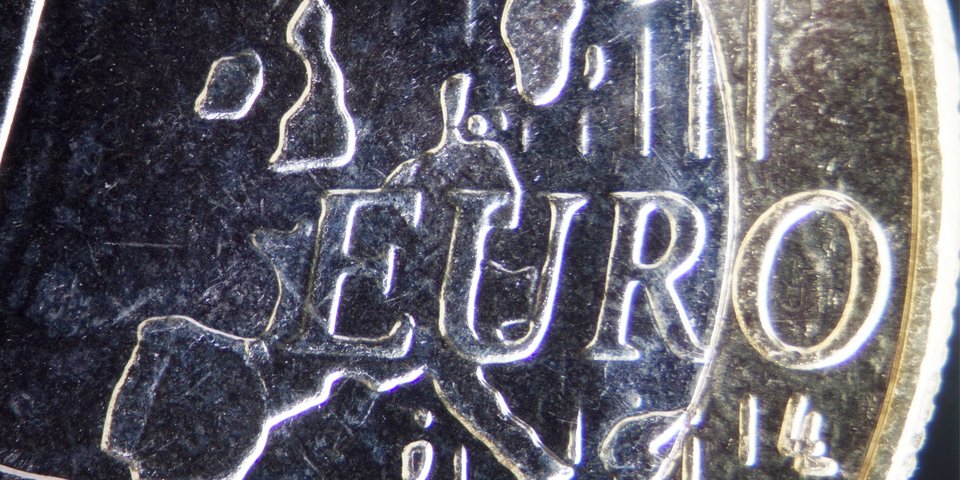 iStockphoto/3quarks
iStockphoto/3quarksEU Commission is looking for direct taxation
EU authorities are currently unable to levy direct taxes or borrow money, for example, by issuing government bonds. The EU Commission is looking for ways to remedy this in order to be able to finance their visions for social policy. Former Commissioner Mario Monti has recommended EU taxes that “shape behaviour”.
GD/AD – 01/2017
In the current phase of EU weakness, which has been provoked by national governments, and increasing political bewilderment concerning key issues of strategic relevance such as national debt crises or migration, Brussels is once again putting its trust in the tried and tested. It needs more money, specifically a direct source of income that it controls itself. Since the start of the great banking crisis, the EU “super-state” has experienced that it is regrettably missing a vital characteristic that is necessary for political existence: it is not permitted to enter into debt in order to help turn its visions into reality, as everyone else does. As early as 2010, the then Finance Commissioner supported a direct tax as a customisable source of income. It was said back then that this “somehow” belongs to being a state.
Former Commissioner Mario Monti was tasked by the Juncker Commission with making recommendations. As reported by “Handelsblatt online”, the Ex-Commissioner and former Italian Prime Minister has recommended a package of tax policy measures. These mainly consist of measures which present the “aura of political correctness by shaping behaviour”. The recommendations include a CO2 levy, another electricity tax, an EU corporate income tax and the “age-old” wish for a financial transaction tax. It is precisely because of their intellectual predecessors that a “miracle cure” hotly discussed in 2010/2011 to skim off urgently needed funds everywhere “aimed at the very rich” was unceremoniously buried a few months ago due to a lack of support from the Member States. Although it is still early days for the new tax offensive and the timing is poor, it can be seen that the guiding principle is to achieve financial independence from the Member States.
By doing this, the EU Commission wants to raise structural sympathies among the increasingly over-indebted Member States. This requires a great deal of money instead of the verbal programmes that were mainly the case in the past, perhaps more money than Germany itself would like to contribute in an election year. To put it plainly, the collapse of state-funded health services can no longer be rescued in two or three years with an abstract debate on a “European Pillar of Social Rights”. Money is missing at the coal face, debt is growing endlessly. Only exogenous money could possibly help with this. Nevertheless, the real version of a “hard” Brexit – an investment-friendly, less bureaucratic British investment space at the EU’s front door will make the contrast even clearer with an EU27 that has more bureaucracy and taxation.
